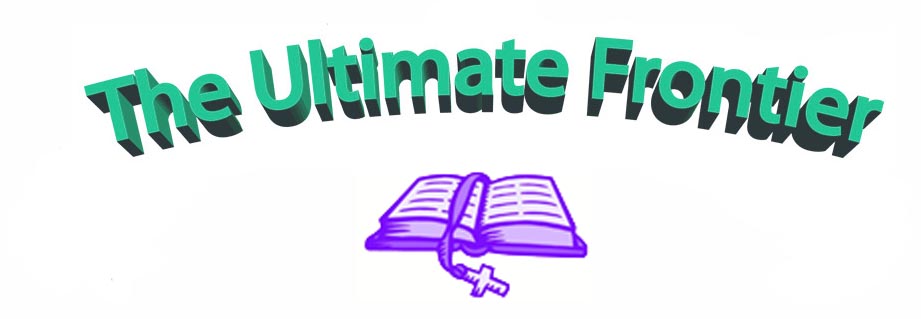|
|
||
|
|
That Shalt Not Kill or Injure In that
Christ said to turn the other cheek when attacked and the eighth Lemurian law
states that no one may kill or injure another person except in defense of his
life or his state, a question was asked whether a robber should be resisted
if doing so would require causing death or injury. Richard answered that he
considered the present laws of Richard
gave another light to the words of Christ stating that if asked to go a mile,
go two instead; if struck on one cheek, turn the other also. He interpreted
Christ as meaning not to set up resistances within oneself. The oak in a
storm resists and therefore cracks, but the willow bends and springs back
unharmed. Since resisting sets up more emotional difficulties than bending
for survival, it is usually best to bend with a situation so that it can be
safely borne emotionally and then see about solving the problem later. (10-1969) |
|
|
|
|
|
